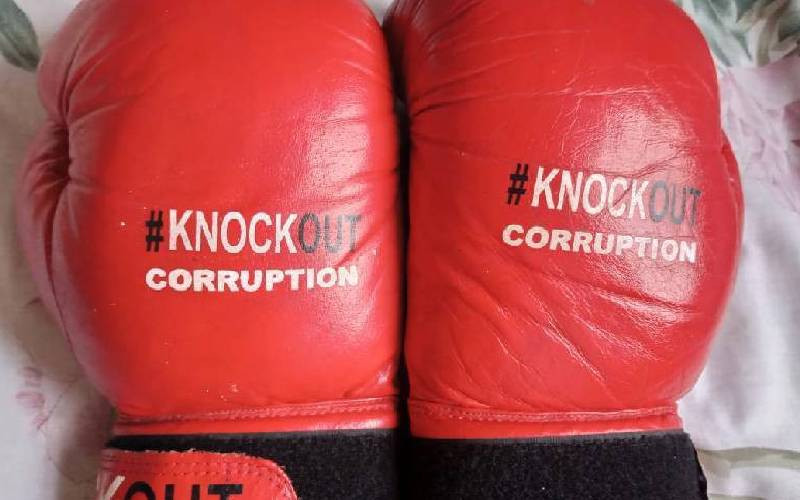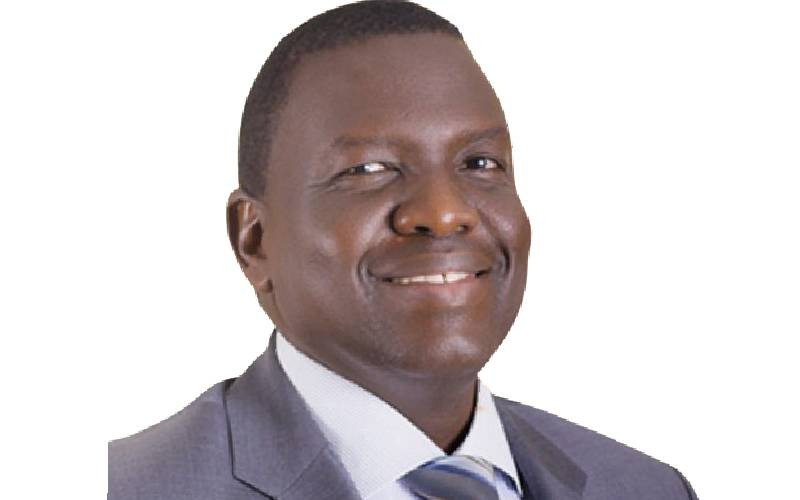NAIROBI: The buzz from the recently concluded Global Entrepreneurship Summit (GES) 2015 hosted for the first time in Nairobi has died down and looking back, one cannot help but feel that a few things seemed out of place.
Notably, did all Kenyans know what the Global Entrepreneurship Summit was truly all about? I am referring to the Kenyan entrepreneur in the ‘mashinani’ – beyond having POTUS Barack Obama in Nairobi, or his much-talked-about official vehicle, “the beast”, and not forgetting the Kidero grass that Nairobi residents anxiously waited to grow.
Those outside Nairobi needed to know why there was so much emphasis on the summit rather than what we would now confidently call the non-issues. They needed to know how the key thematic areas that were being discussed at the summit would impact them as entrepreneurs.
Efforts to make entrepreneurship a part and parcel of Kenya need to be the focus at the grassroots level. The greatest potential among young entrepreneurs lies in our counties and if they are exposed to proper training and business opportunities, then there is great potential for our counties’ economies to record exponentially growth.
Counties need to increase visibility of forums like GES and their importance to the counties’ development agenda. For example, what does it mean for a local trader in a remote village and do they understand what it meant to Kenya as a whole? Counties should continue to focus on providing the necessary support structures like access to resources; through kitties such as the Youth Fund, Women’s Fund and the Constituency Development Fund. Though some funds exist, there is still need for more information and awareness-creation among the youth and women.
County governments should embrace a more open-door policy with young entrepreneurs showing great potential and provide them with an opportunity to share knowledge and skill in a more vibrant and innovative way. By embracing new ideas, modern technology and the skills transfer, our counties are better placed to compete with the very best globally.
A farmer or a boda boda operator could be wondering how that money will reach him. Access to information at the county level will thus be critical to manage expectations and creating avenues through which those in the rural areas can access funding and support.
The respective county governments need to think about hosting a forum similar to GES to pool entrepreneurs together – this will serve as a point of networking. It will also attract local investors interested with diversifying their investments. Counties should think of making their areas more attractive through subsidies, reduced levies and administrative costs in registering businesses.
Bureaucratic tendencies at county levels should be done away with to create a systematic flow of processes. Improving facilities such as infrastructure is critical to give investors easy access to raw materials and distribute to the ready market. County government should be challenged to develop entrepreneurship plans. County GES like forums would showcase such developments to investors and other entrepreneurs.
In spite of the numerous challenges that have come with the adoption of the devolved system of governance, county governors have presented service delivery charters and plans on county development.
Some have even hosted investor conferences. The outcomes of most of these conferences are however questionable to the implementation of projects and agreements made during the conferences.
The big question is, have the goals been achieved or about to be actualised? Are they taking stock of their performance against their charters and plans? What is the progress of their entrepreneurship development plans?
Whilst trying to make ends meet, we need to be able to measure the impact of the investment conferences to the residents in the counties. What has been the ripple effects on the county so far and if the standards of living have improved?
If it is not measured it doesn’t get done – and the impact is hardly ever known.
Stay informed. Subscribe to our newsletter
 The Standard Group Plc is a
multi-media organization with investments in media platforms spanning newspaper
print operations, television, radio broadcasting, digital and online services. The
Standard Group is recognized as a leading multi-media house in Kenya with a key
influence in matters of national and international interest.
The Standard Group Plc is a
multi-media organization with investments in media platforms spanning newspaper
print operations, television, radio broadcasting, digital and online services. The
Standard Group is recognized as a leading multi-media house in Kenya with a key
influence in matters of national and international interest.
 The Standard Group Plc is a
multi-media organization with investments in media platforms spanning newspaper
print operations, television, radio broadcasting, digital and online services. The
Standard Group is recognized as a leading multi-media house in Kenya with a key
influence in matters of national and international interest.
The Standard Group Plc is a
multi-media organization with investments in media platforms spanning newspaper
print operations, television, radio broadcasting, digital and online services. The
Standard Group is recognized as a leading multi-media house in Kenya with a key
influence in matters of national and international interest.








